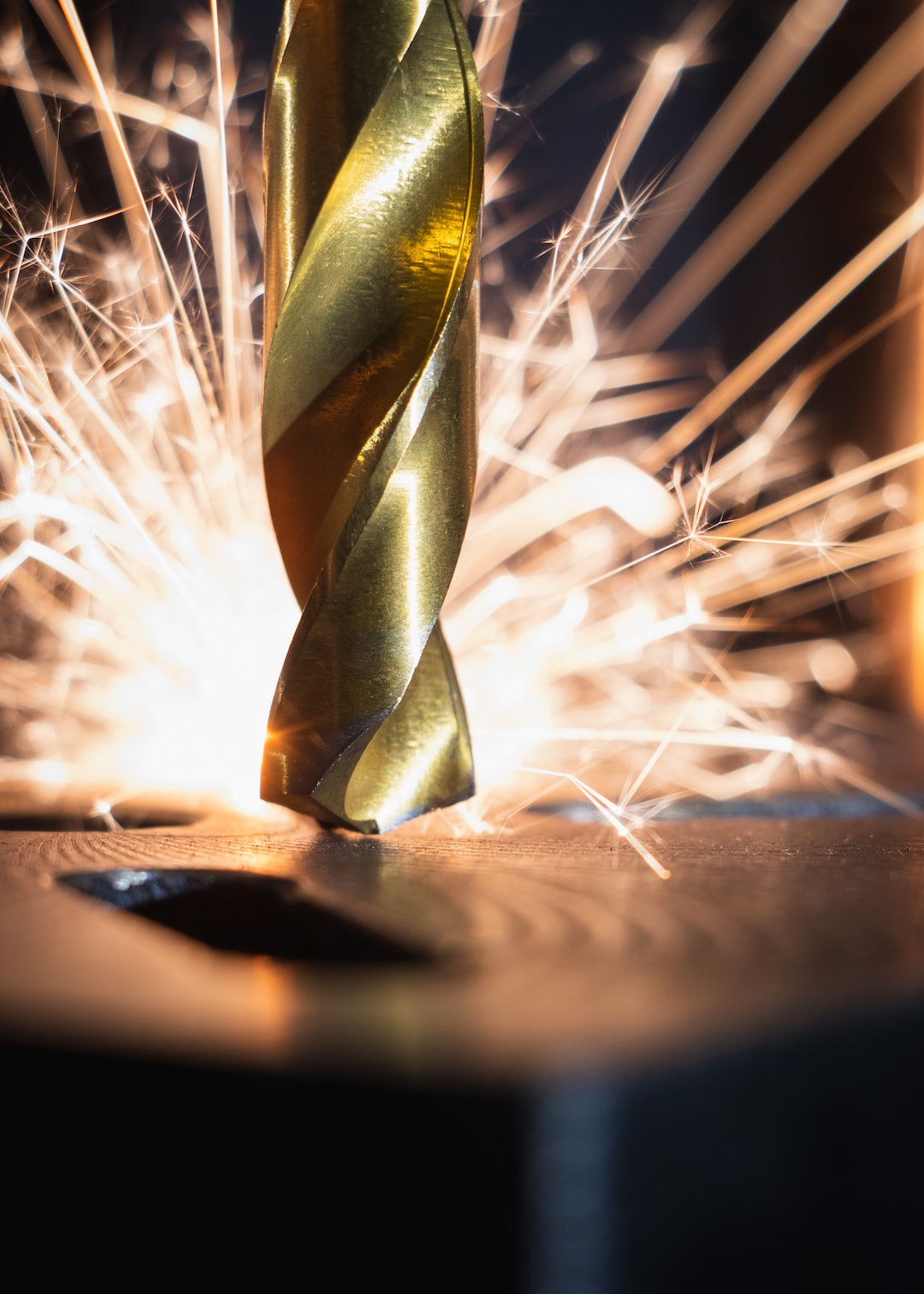Promoting Diversity and Inclusion in the Manufacturing Workplace
In recent years, promoting diversity and inclusion has become an important goal for companies across various industries. The manufacturing sector is no exception. Embracing diversity and inclusion within the manufacturing workplace is not just a moral imperative, but it also brings about countless benefits for both employees and the company as a whole.
Diversity refers to the range of individual differences such as race, ethnicity, gender, age, sexual orientation, religion, and disabilities. Inclusion, on the other hand, is the practice of creating an environment where all employees feel valued and respected, regardless of their differences. Here are some compelling reasons why promoting diversity and inclusion is crucial for the manufacturing industry.
First and foremost, fostering diversity and inclusion in the manufacturing workplace leads to increased innovation. Bringing together individuals with different backgrounds and perspectives encourages the exchange of ideas and creative solutions. When a diverse group of employees works together, they are more likely to come up with out-of-the-box solutions, drive continuous improvement, and stay ahead of the competition.
Moreover, promoting diversity and inclusion helps manufacturers attract and retain top talent. Research has consistently shown that a diverse workforce is more appealing to job seekers, particularly millennials and Gen Z. These younger generations seek inclusive workplaces where they can bring their whole selves to work and feel valued for their unique qualities. By embracing diversity and inclusion, manufacturers can gain a competitive edge in recruiting and retaining top talent.
Furthermore, a diverse and inclusive workforce also enhances the company’s reputation. In today’s socially conscious world, consumers increasingly prioritize working with companies that value diversity. By promoting diversity and inclusion in their workplace, manufacturers can improve their public image and appeal to a broader customer base. This positive reputation can lead to increased customer loyalty, brand awareness, and ultimately, business growth.
In addition to these external benefits, promoting diversity and inclusion within the manufacturing workplace has numerous internal advantages. For instance, diverse teams have been shown to have higher levels of employee satisfaction and engagement. Employees feel more valued and understood when their differences are acknowledged and celebrated. This, in turn, leads to increased productivity, improved teamwork, and reduced turnover rates.
Moreover, a diverse and inclusive workplace fosters a culture of learning and development. When employees are exposed to different perspectives and experiences, they are more likely to broaden their own knowledge and enhance their skills. This enables companies to create a more agile and adaptable workforce, capable of adapting to the evolving needs of the industry.
So, how can manufacturers effectively promote diversity and inclusion in the workplace? Here are some strategies to consider:
1. Implement diversity and inclusion training programs: Provide training sessions for employees and managers to increase awareness and understanding of diversity-related issues and promote inclusive behaviors.
2. Recruit from diverse talent pools: Expand recruitment efforts to reach underrepresented groups. This can involve partnering with diverse organizations, attending job fairs specifically targeting minorities, and leveraging social media platforms.
3. Foster a culture of inclusion: Develop policies and practices that promote inclusion, such as flexible work arrangements, mentorship programs, and affinity groups.
4. Establish diversity goals and metrics: Set measurable objectives to track progress and hold leaders accountable for promoting diversity and inclusion.
5. Encourage diversity in leadership positions: Ensure that people from diverse backgrounds have opportunities to advance into leadership roles. Having diverse leaders at the top is crucial for fostering an inclusive culture.
Promoting diversity and inclusion in the manufacturing workplace is not just about meeting quotas or ticking boxes. It is about recognizing and embracing the value that different backgrounds and perspectives bring to the table. By creating an inclusive environment that celebrates diversity, manufacturers can drive innovation, attract top talent, enhance their reputation, and build a stronger, more successful organization.

